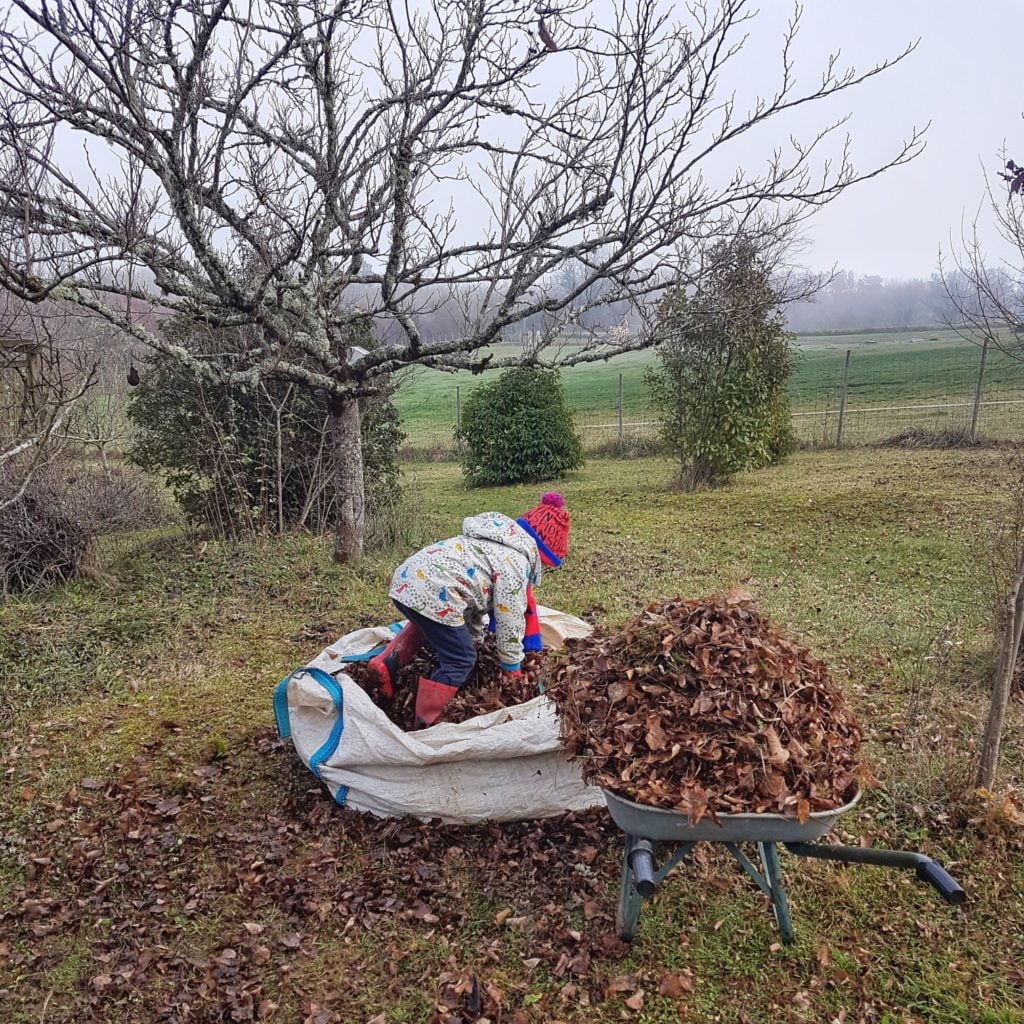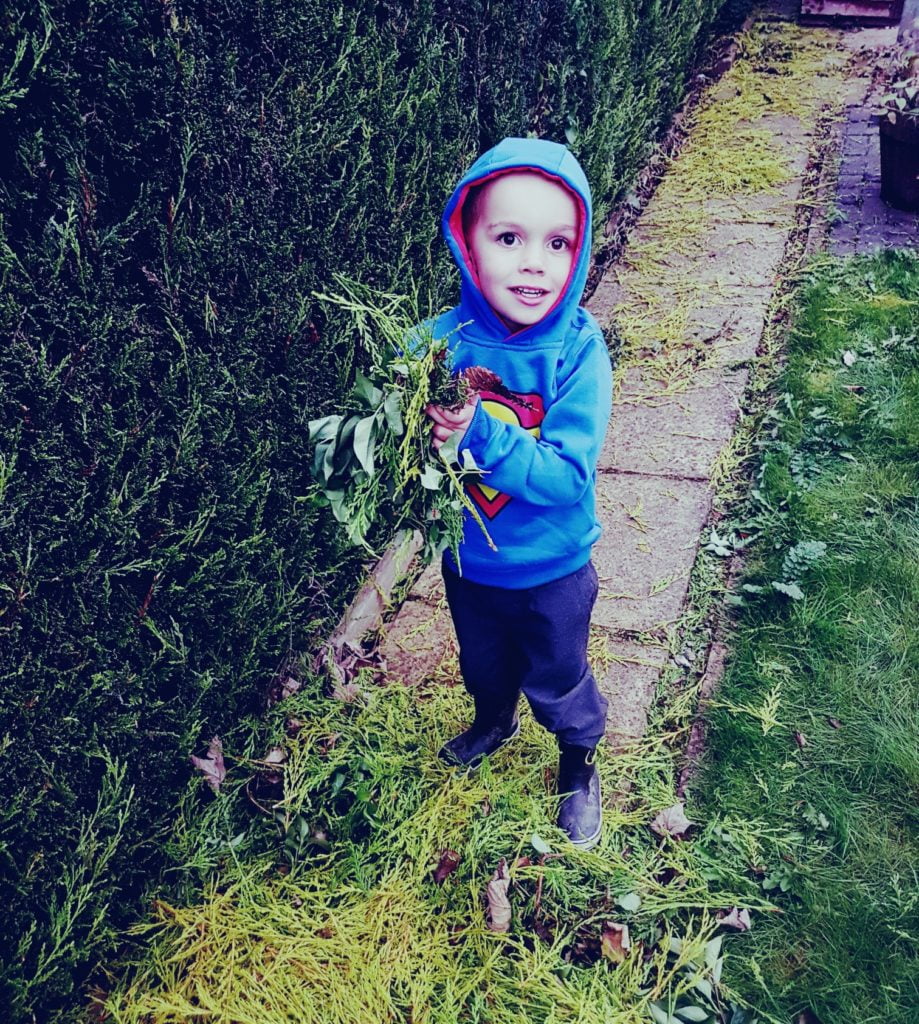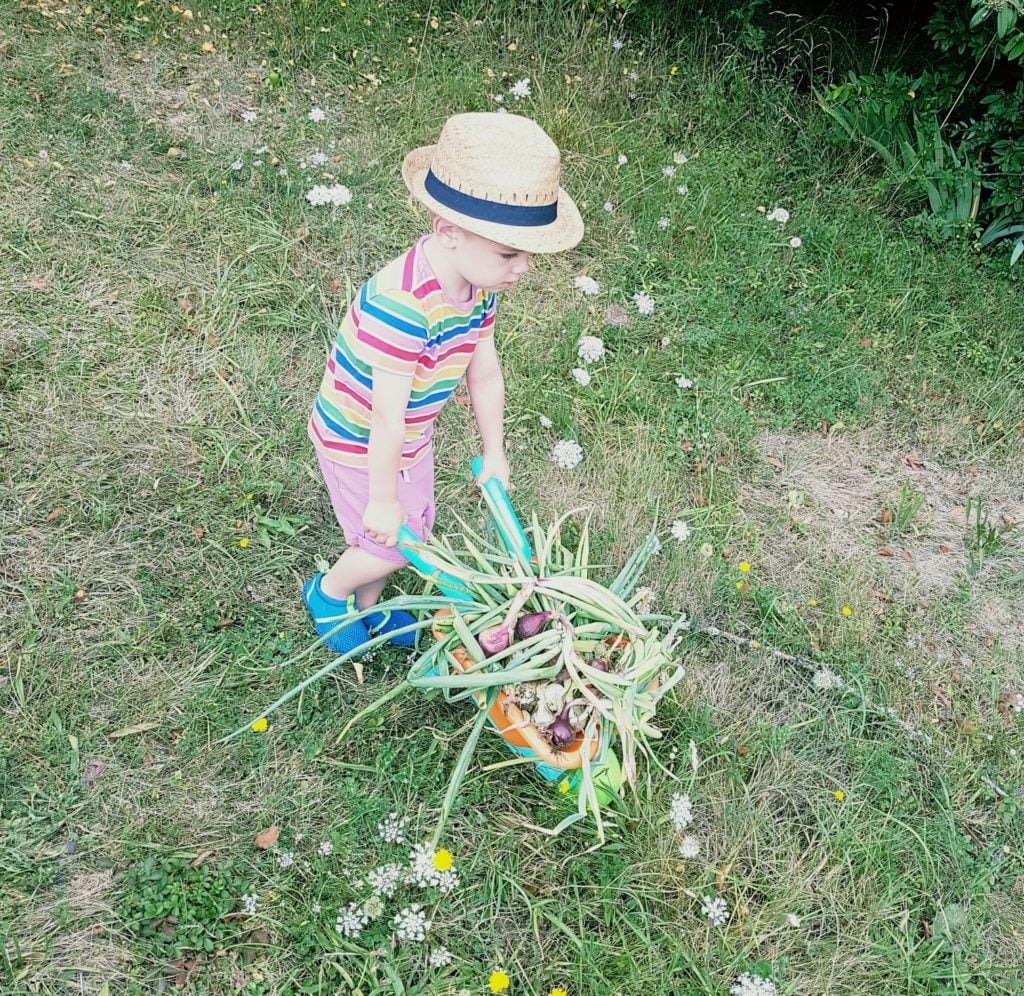Gardening is an excellent way to teach your little ones some new practical skills, as well as boosting their immune system and giving them some extra sunlight after school. If you can’t quite tempt them to take part and need some advice on how to make them give it a try, I’ve teamed up with Olive Grove to bring you this list of 6 ways to get your children involved in gardening.
Give them the easier jobs
If your child has never really done any gardening before, don’t throw them into the deep end and expect them to do the difficult bits all by themselves. Some children might want to, but it’s important to create a good first impression by letting them get a feel for what gardening is like!
Watering plants, cutting weeds or gathering leaves to compost are all excellent (and necessary) tasks that’ll get them involved without putting them under too much pressure. If they start to seem bored, let them try something else or take a break to play in the garden instead of letting them slog through it in one sitting.

Put a reward on the table
Nothing motivates people more than a promise of a reward, so offering an incentive can be a quick way to get your children’s attention. You should obviously tailor the reward to what your child likes: some sweets, more time using the computer, some extra pocket money, being allowed to eat their dessert earlier, a star on their chart perhaps for being helpful?
Make sure you aren’t forcing them to help you, though – the rewards should be luxuries to entice them, not necessary things that they used to get for free. Your children shouldn’t feel pressured into doing work or chores they hate.
Show off their progress
Praising the work they’ve done goes a long way, but showing it off to friends and family will make your child feel proud of what they’ve accomplished. Not only will this motivate your child into keeping their garden beautiful, but it’ll make them want to try and do better for the next visit – don’t be surprised if they start rushing to check on their plants when you tell them a relative is coming over later in the day!
Show them the interesting plants

Most children find it easier to focus when they’re interested in what they’re seeing, so pitting them against a big patch of green plants or identical bushes can lead to them quickly getting bored. Take them all around your garden and show them the different kinds of plants you grow, especially if you’ve got some with safe-to-eat berries or fruit.
You could also give them a unique plant as a pet project – small palm trees or miniature Venus flytraps could be strange enough to keep your little ones fascinated, and they might even end up naming them! You might even find it handy to give their favourite plant a little name tag to strengthen the personal connection they have with it.
Give them their own spaces
You probably don’t want to share your gardening space with your children, and that’s completely understandable: they’ll want a section of the garden that they can decorate, trample through and tend to in their own way, so setting them loose on your favourite plants will end badly.
Set up a little barrier or some markers to show them where “their section” ends and let them run wild – once they get over the initial excitement of having their own personal space, they’ll probably start decorating it with things they find and getting rid of plants they don’t like. This is the perfect time to give them some seeds and watch them plant things at their leisure.
Let them grow things that bear fruit

It’s common sense to keep your children away from inedible berries, but that doesn’t mean you should keep them from the edible ones! They’ll get plenty of satisfaction seeing the fruit and berries they’ve grown being used to make a tasty treat or fruity drink at dinner time, and they might even ask to get involved in the cooking part, too.
This can be especially important for children who don’t normally eat enough fruit and veg – fresh fruit from the garden will be juicer and tastier than anything you could buy at a supermarket, which might be all it takes to get them eating their five-a-day.


2 comments
Such incredible advice from so many awesome sources! I love it!